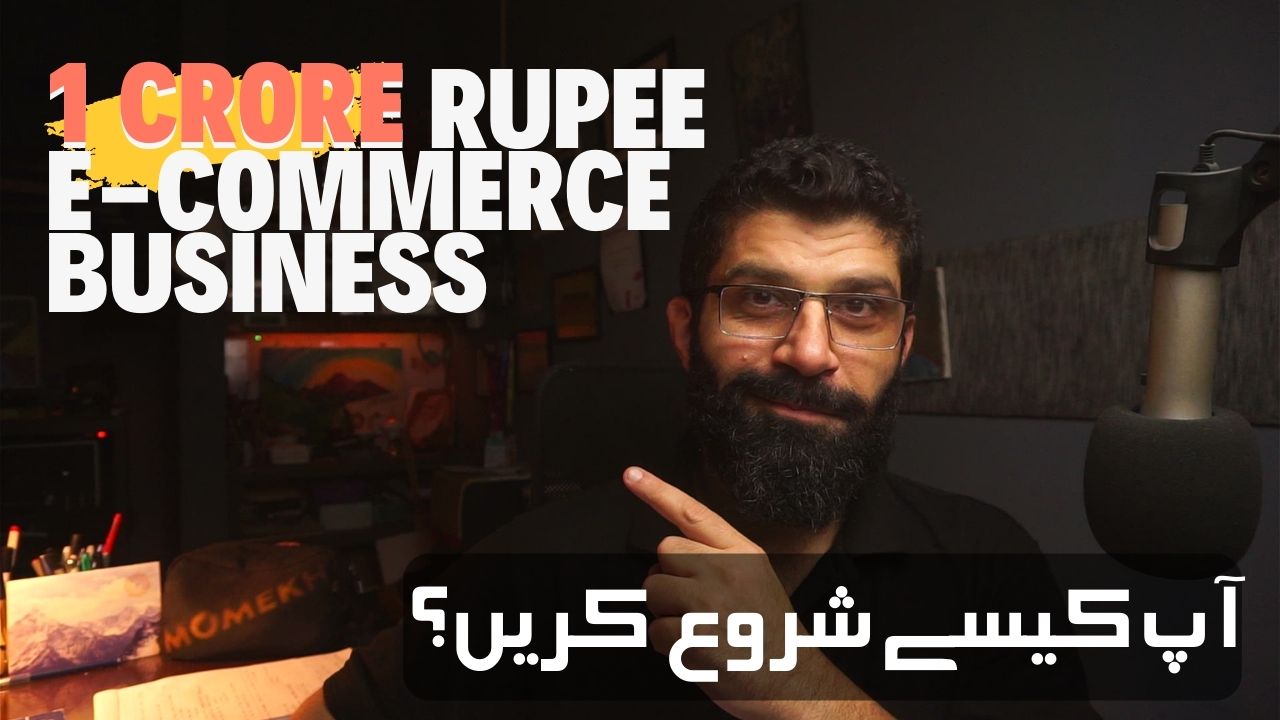
Anything that makes you money at the end of the day is a business. That is not only the core requirement for a business, but also the only requirement for a business.
It is a given that most people will not realize this simple fact. I’d say a business is born when you register it with the Companies Registration department. You’d say a business is a business when it has its own office address. We both would be wrong. Most people are not clear on the definition of business to simply answer, “anything that makes you money is a business,” but they need to qualify the business with accessories. And the last time I checked, these accessories, these ‘bells and whistles’ are not as profitable.
What Doesn’t Make a Business
The following supposed ‘must haves’ are not what makes a business:
- An office
- Registration as Private Limited or Firm or Sole Proprietorship etc.
- Letterheads, envelopes and business cards
- Any number of employees
- The number of customers. (A business that has 100 customers doesn’t mean it’s profitable, neither does it mean that the owners of the business are making any money)
- A Social Media presence
- A website
As you can see, the list can go on for a while. And whenever I tell this to an aspiring entrepreneur, they usually give me the ‘What the Heck?’ look.
All of the above mentioned things may or may not be essential for doing what a business really should be doing i.e. make you money.
Start From The…Start
The classic test is to answer the question, “how will you start your business?” and the answers should not include the ‘accessories’ but should address the core of the business. The answer could start from:
“I will be selling this to these people and making this much money within this much time frame”.
For all intents and purposes, that one line can pass off as a business plan.
You need to replace the underlined phrases with your own. All business plans – whether they’d be a 100 page testament to graphs or a single page beauty – tend to fill in these blanks. The more well-defined these underlined phrases are, the better (also, please note, well-defined does not mean ‘explained in full’)
Owning Vs Running
I think that this applies to people who want to own a business rather than run a business.
Consider: A CEO of a multinational may be paid a lot of money, but the profits of the company may be non-existent. The employee is all smiles whereas the owner is stuck with a dead asset. The business may be doing a lot of good things:
- like providing service on time,
- selling very high quality product/service,
- keeping its customers very happy,
- paying its employees well and on time etc,
but if the owner is not making money at the end of the day, then what’s the point? The owner might as well join his own company as CEO to run his business. Then of course, he doesn’t own a business, but the business owns him. That’s a choice we can make consciously.
The 3 Types
Speaking of conscious decisions, if there is anything that you can take away from this post, I hope it is to decide which one of these definitions fit you:
- one that values freedom more than anything else,
- the other that values money/profits more than anything else, and
- the third that values power/influence more than anything else.
I know for a fact that I value freedom more than anything else. When I started out, I thought I would value money more than anything else, but as it turned out, I was wrong (and if you notice, in the above paragraph, I said ‘more than anything else’ more than anything else).
We need to find out, as early in your life as possible, which of the three categories is important to us. This will help you, like it helped me, take on the right type of projects and enterprises. It helps you say no with ease.
And like most things in life, this priority can and may change over time, but your decision will make your life all the more simpler, and happier, God willing.



